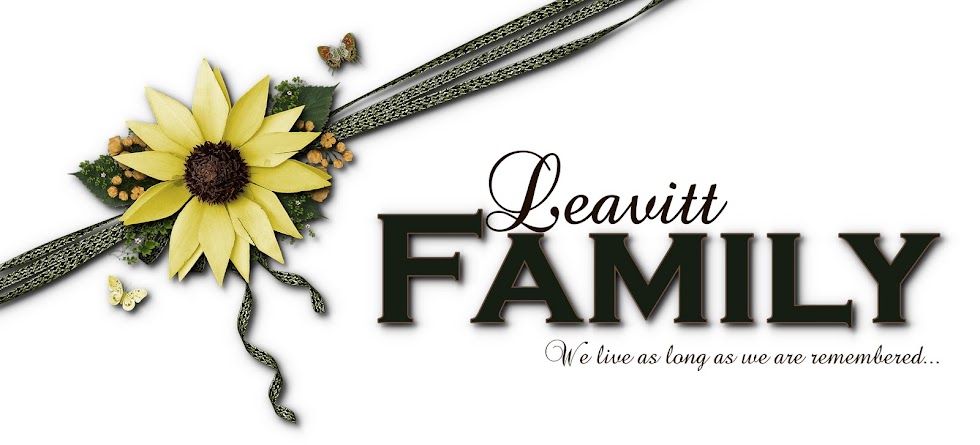Biography taken from Dudley Leavitt's bust at the Sarah Sturdevant Leavitt Memorial in Santa Clara, Utah.
Dudley was born August 31, 1830 in Hatley, Canada. He was the fourth son of Jeremiah Leavitt II and Sarah Sturdevant Leavitt. During his childhood he participated in his Leavitt family Christian home devotionals. The restored gospel of Jesus Christ came into the Leavitt family in 1836. Their conversion sent him and his family on a unique pioneer path. He was seven years of age when they started their quest and journeys to be part of Zion in Kirtland Ohio and Nauvoo Illinois.
He was a lad of only fourteen when their beloved prophet Joseph Smith was martyred. He was in the audience that witnessed "the mantle" of the prophet as it fell on Brigham Young. He loved to testify of that spiritual event throughout his life. At the age of twenty while living in the Winter Quarters, he became the "man of the house" as he assumed the responsibility of bringing his mother, younger brother, and sisters across the plains to Utah, arriving August, 1850.
Dudley was well known for his physical abilities and agility. In wrestling, few men were better than he. He also excelled in dancing. He was known as a handsome, cheerful, and fun-loving man.
He was a man of faith and initiative. If something needed to be done, he did it. In 1853, he and 32 other men were called to the Southern Indian Mission (Native Americans.) In the years that followed he had many missionary experiences in the territory from the Paiute tribes in Las Vegas to the Navajo and Hopi tribes in Arizona. Although he suffered from hunger, exposure and danger, the gracious hand of the Lord preserved him. He was a respected peacemaker and a very good friend among the Indians.
In 1857 the rumors of war affected the entire territory, as the US government sent about 2,500 troops to suppress the alleged Mormon rebellion. It was a powder keg of fears and emotions. At that time immigrants were passing through to California. On September 11, 1857 a terrible massacre took place in the Mountain Meadows. This was the general area that the Leavitts and Hamblins had their summer pasture for their cattle. In the aftermath he went as a scout and witnessed the evidence of the horrible deed. At this time he was the First Counselor to the Mission President Jacob Hamblin. He was appointed to assist the next wagon train in its safe passage to California. Of this assignment he said, "It was like taking our lives in our hands. If anyone but the servants of God asked me to go on that trip, I would have refused."
Dudley found the Indians gathered and dressed in war paint and feathers. However, he persuaded them to take only the cattle and let the immigrants go in peace. The next Spring he rode for three weeks to gather up the remainder of the cattle, to be returned to their owners. In reflection many years later he declared with hands stretched forward, "I thank God these hands have never been stained by human blood."
He lived during the frontier era when polygamy was accepted in the church. He married Mary Huntsman in in 1853, her sister Mariah Huntsman in 1855, Thirza Riding in 1859, Jeanette Smith in 1860, and Martha Hughes Pulsipher in 1872. They were blessed with righteous prosperity of 47 children who were taught faith in the Lord Jesus Christ and to keep His commandments. Through many tender mercies of the Lord they were able to clothe and feed them all, as well as feed the Indians and others in need.
After being involved in many settlements, in 1877 he became co-founder of Bunkerville, Nevada. Here he lived out the remainder of his days, and died October 15, 1908.

No comments:
Post a Comment